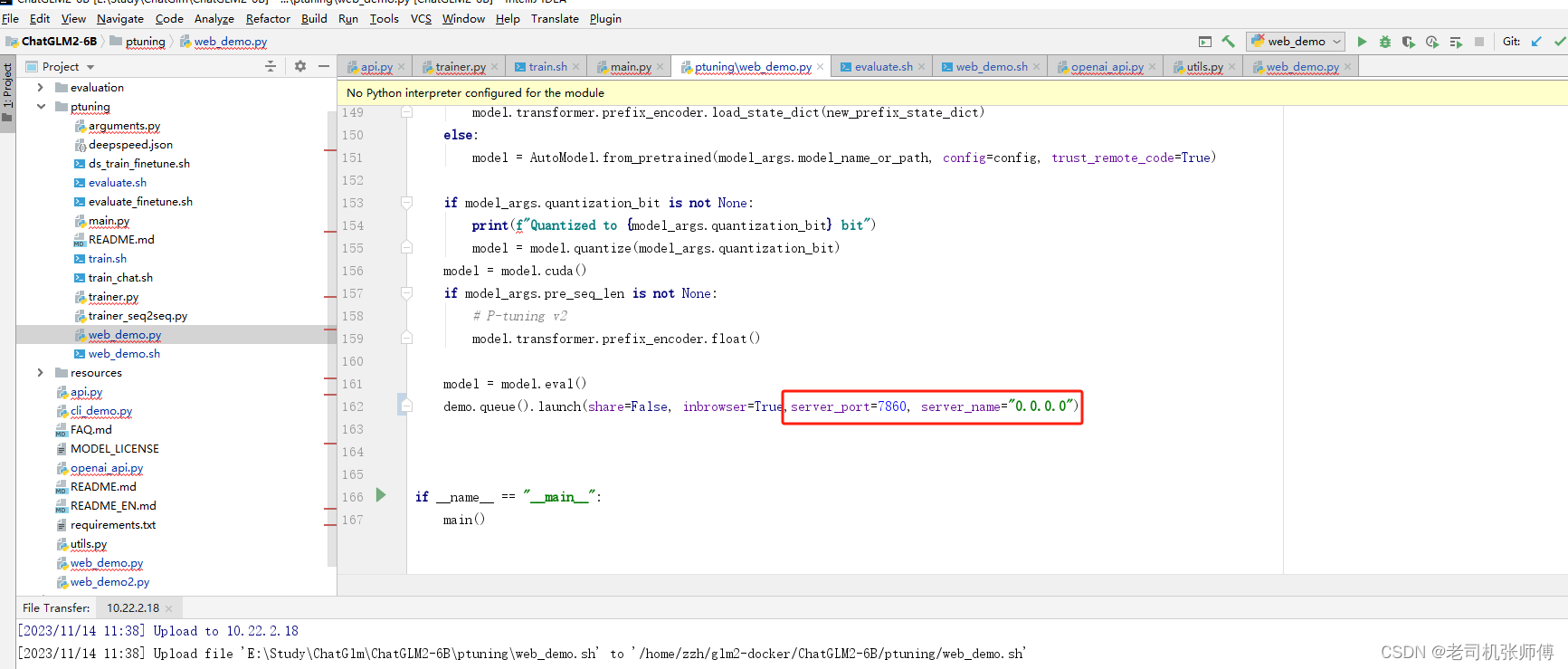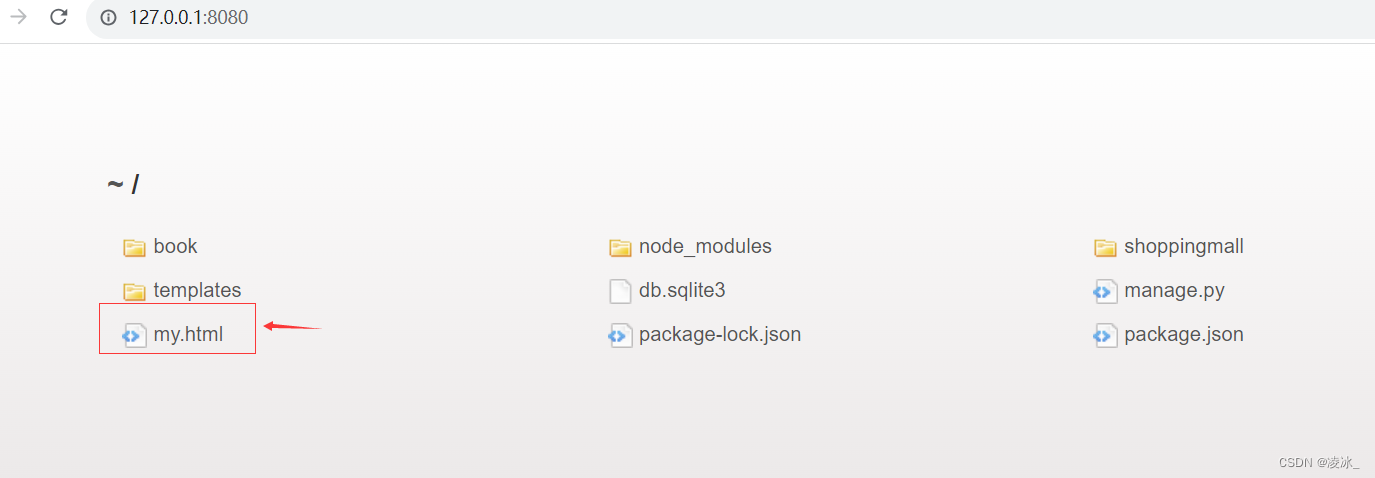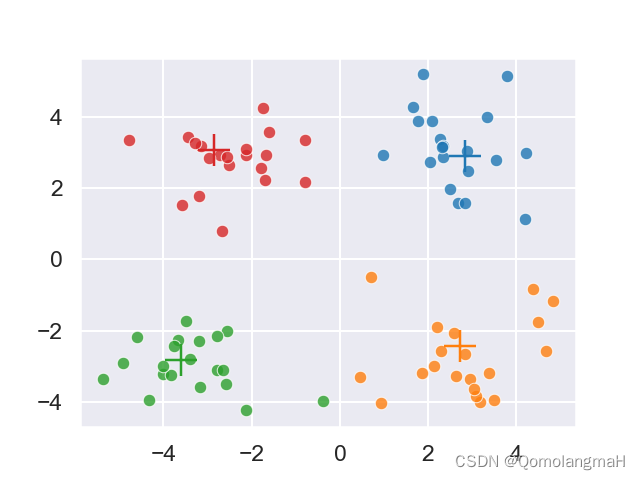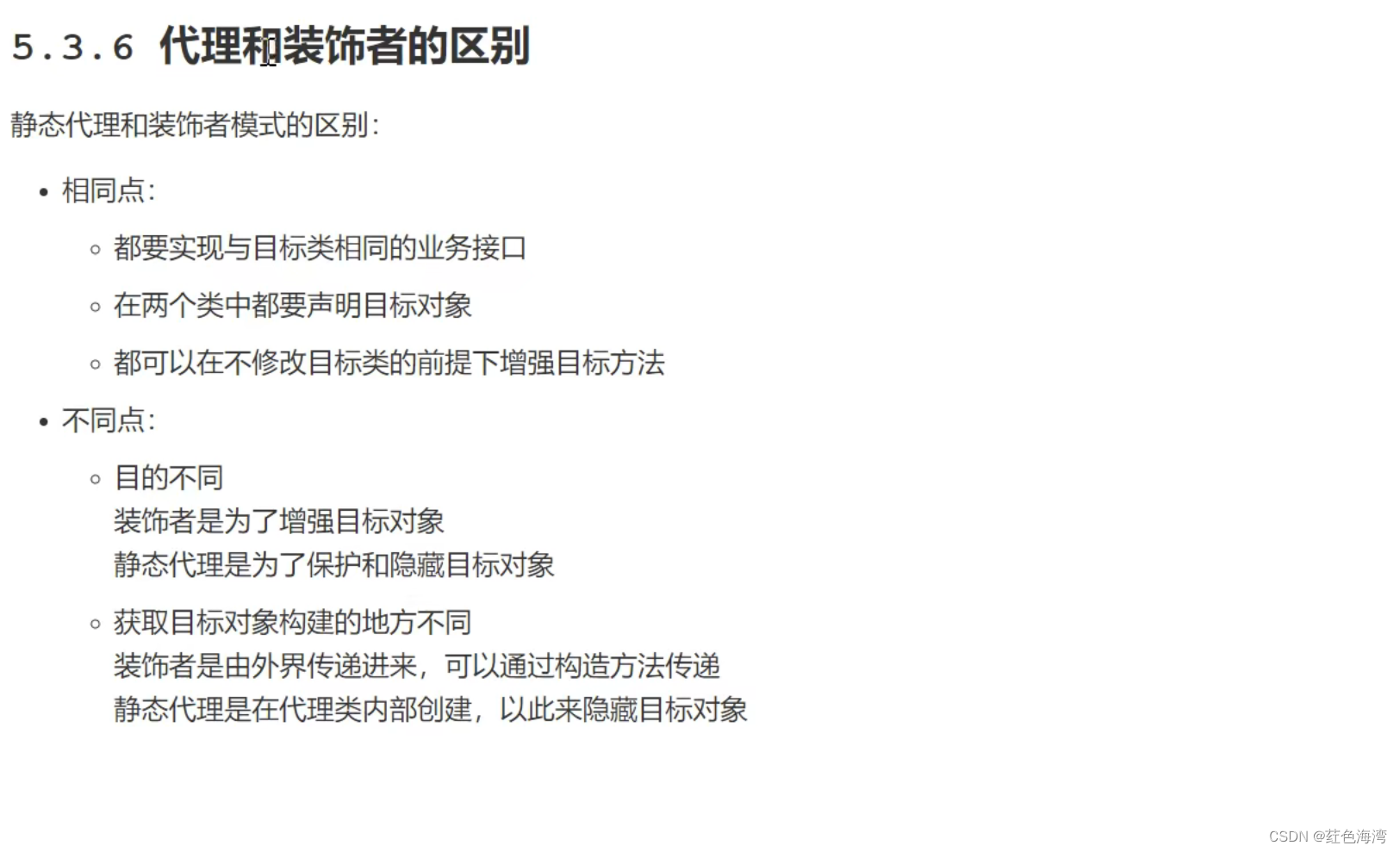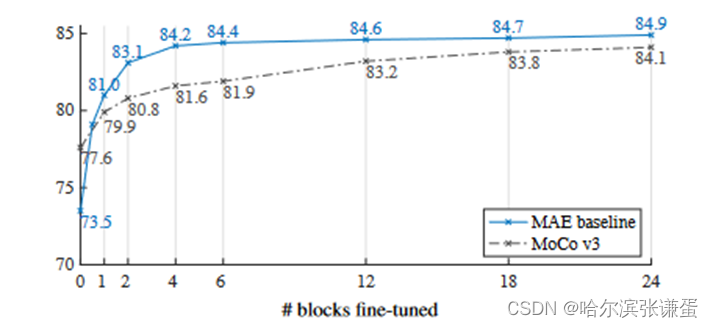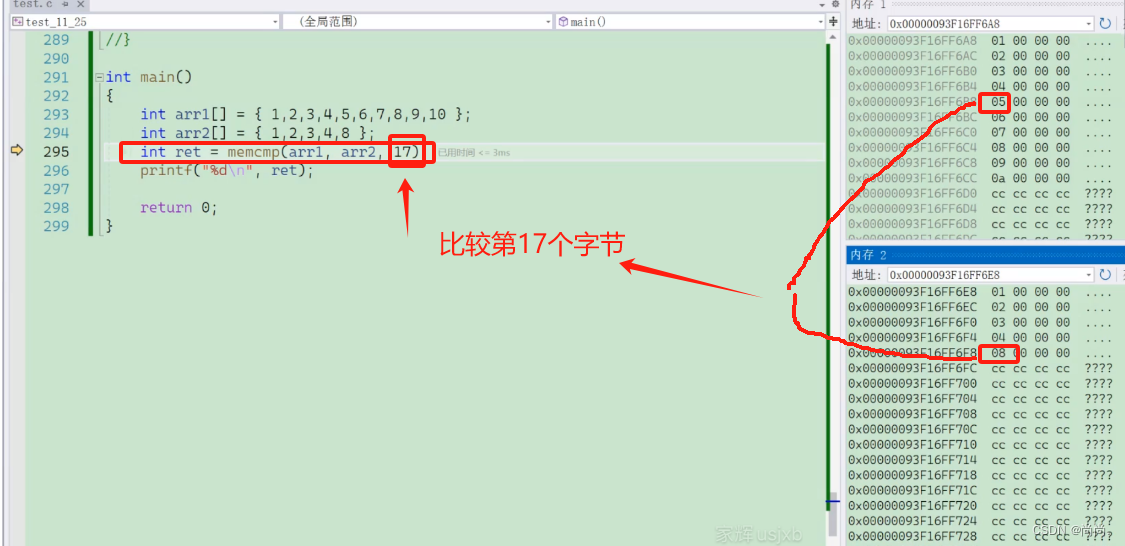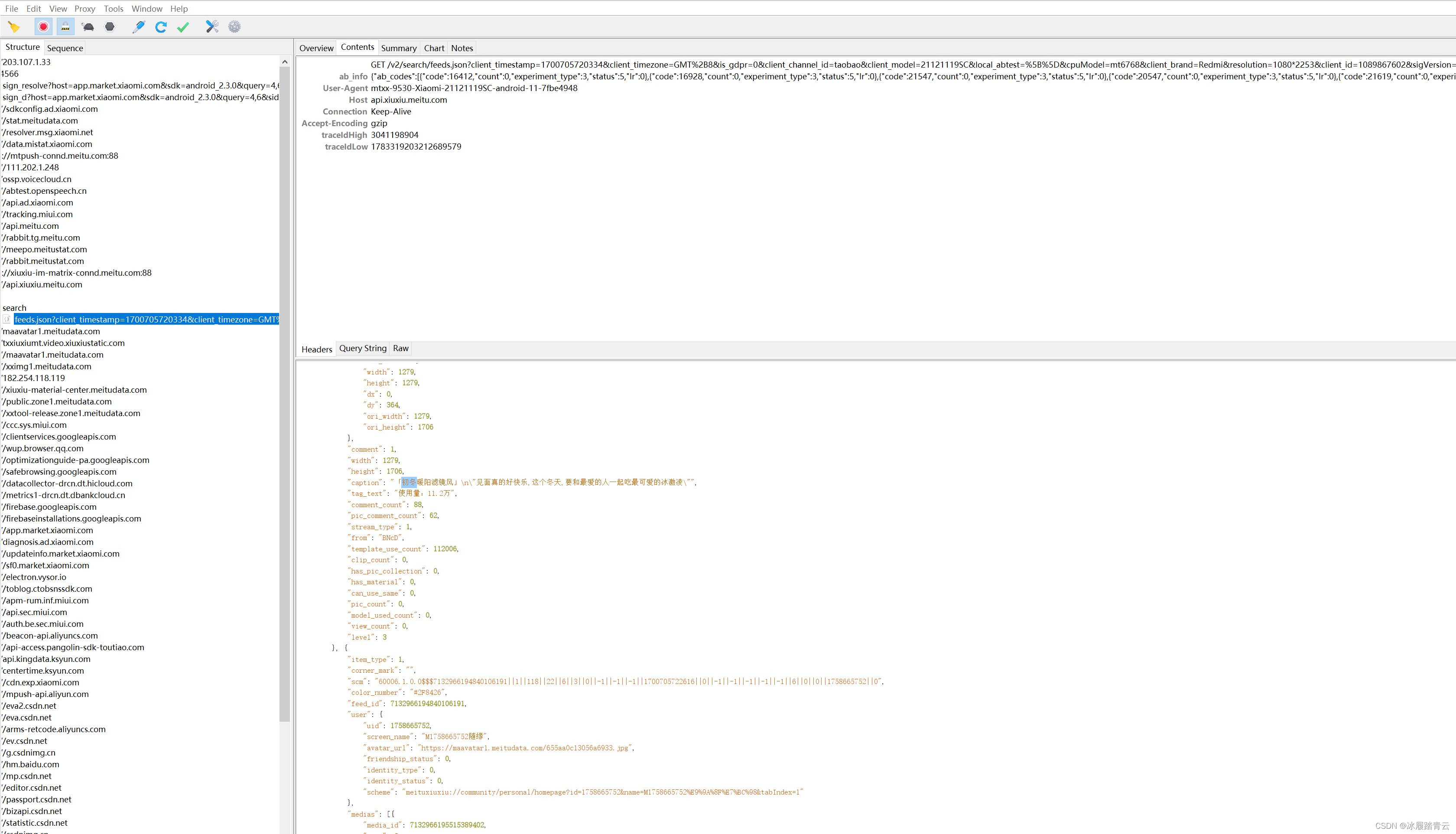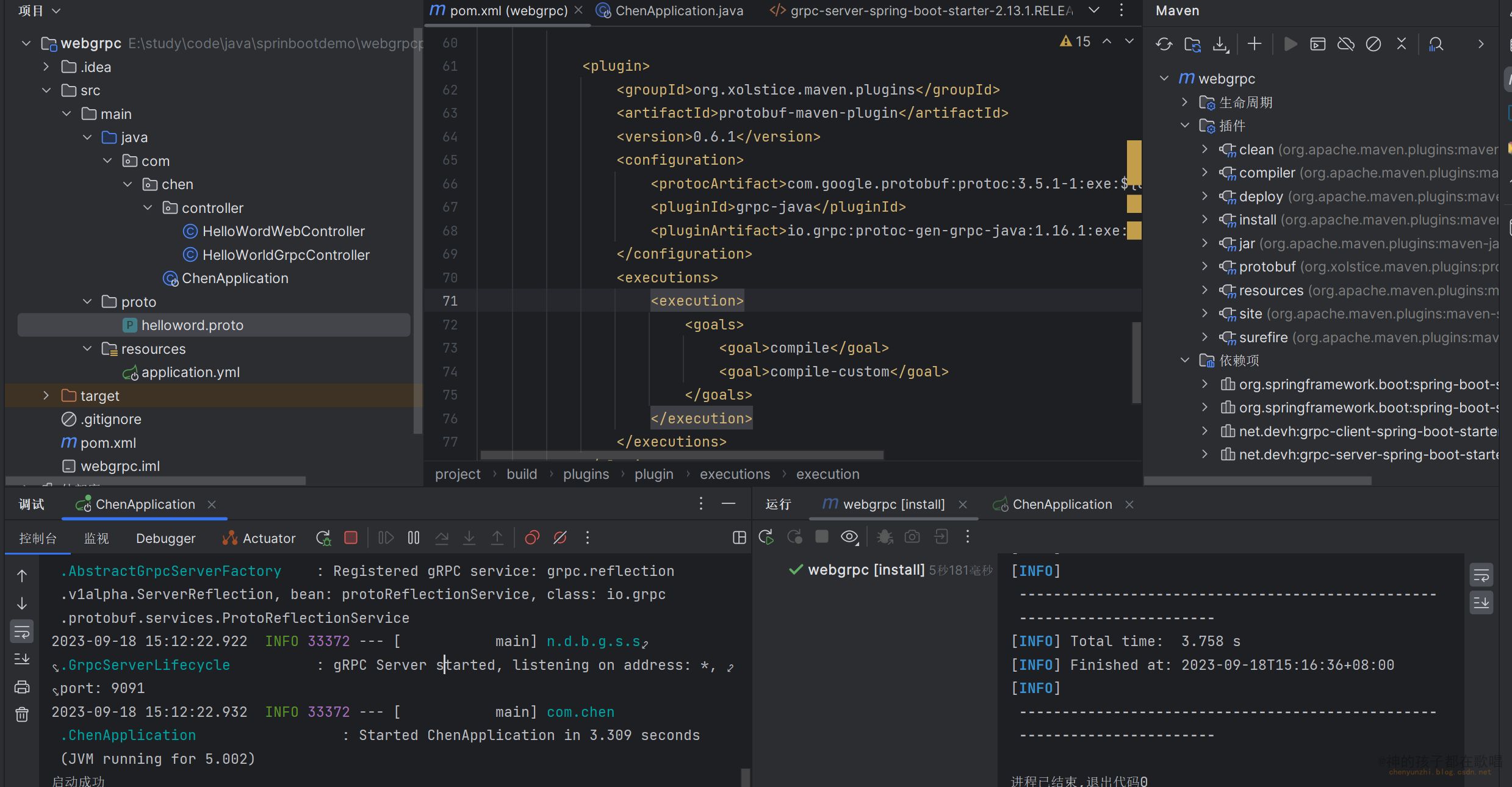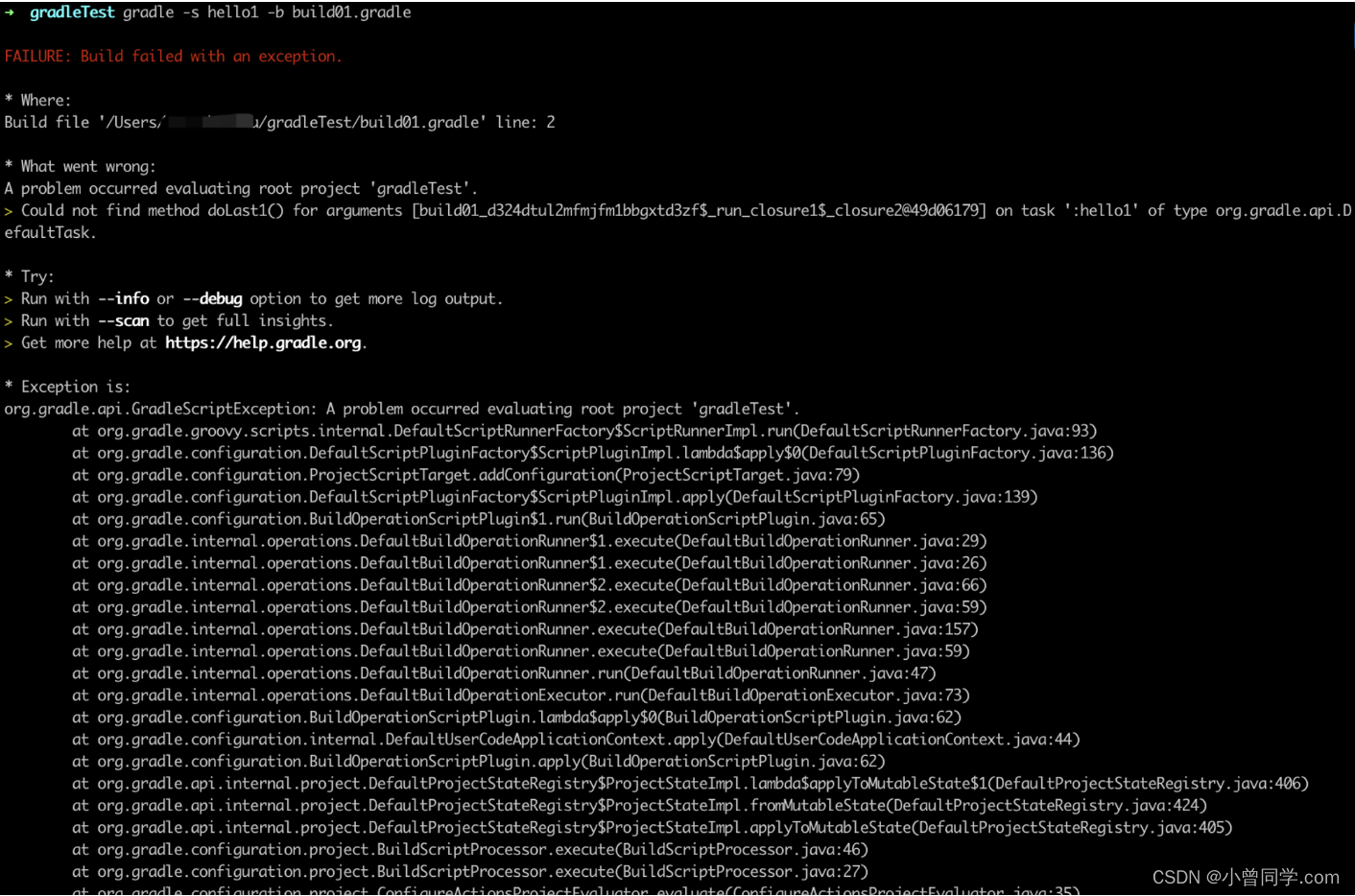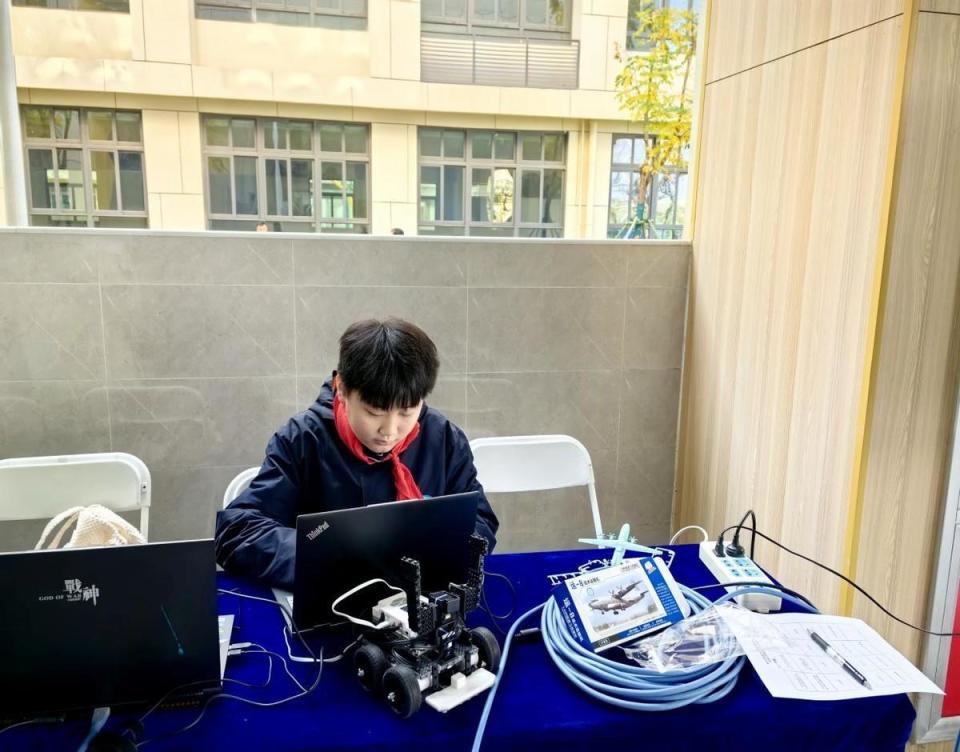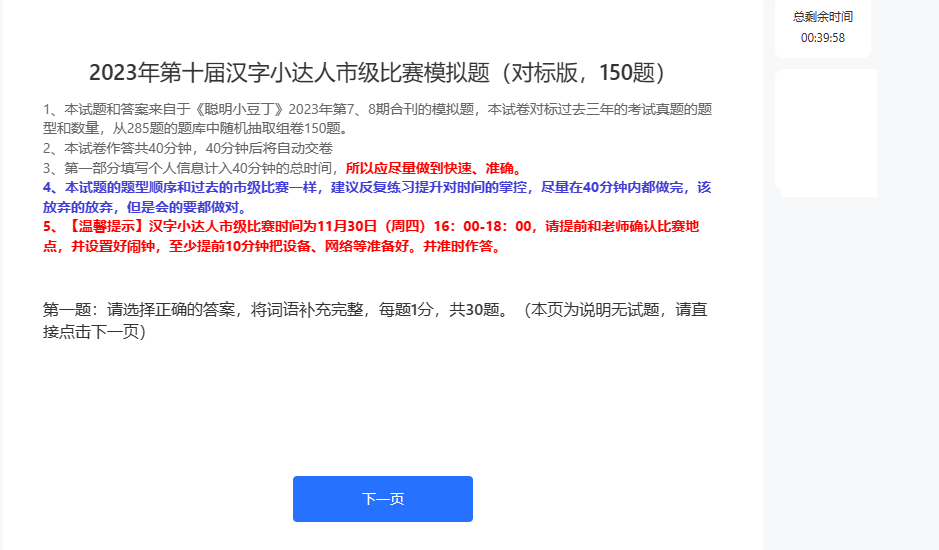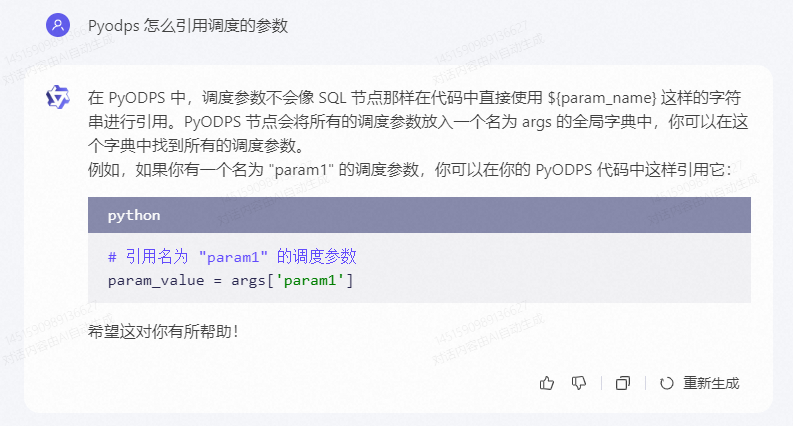自定义粒子系统示例(一)
自定义粒子系统示例(一)的代码如程序清单11-5所示:
/* 自定义粒子系统示例1 */
void particleSystem_11_5(const string &strDataFolder)
{
osg::ref_ptr<osgViewer::Viewer> viewer = new osgViewer::Viewer();
osg::ref_ptr<osg::GraphicsContext::Traits> traits = new osg::GraphicsContext::Traits;
traits->x = 40;
traits->y = 40;
traits->width = 600;
traits->height = 480;
traits->windowDecoration = true;
traits->doubleBuffer = true;
traits->sharedContext = 0;
osg::ref_ptr<osg::GraphicsContext> gc = osg::GraphicsContext::createGraphicsContext(traits.get());
osg::ref_ptr<osg::Camera> camera = viewer->getCamera();
camera->setGraphicsContext(gc.get());
camera->setViewport(new osg::Viewport(0, 0, traits->width, traits->height));
GLenum buffer = traits->doubleBuffer ? GL_BACK : GL_FRONT;
camera->setDrawBuffer(buffer);
camera->setReadBuffer(buffer);
osg::ref_ptr<osg::Group> root = new osg::Group();
// 自定义粒子系统加入场景
root->addChild(createParticleScene(strDataFolder));
// 优化场景数据
osgUtil::Optimizer optimize;
optimize.optimize(root.get());
viewer->setSceneData(root.get());
viewer->realize();
viewer->run();
}
// 创建自定义粒子系统
osg::ref_ptr<osg::Group> createParticleScene(const string &strDataFolder)
{
osg::ref_ptr<osg::Group> root = new osg::Group();
// 创建粒子系统模板
osgParticle::Particle ptemplate;
ptemplate.setLifeTime(2);// 设置声明周期
ptemplate.setSizeRange(osgParticle::rangef(0.75, 3.0));// 设置粒子大小变化范围
ptemplate.setAlphaRange(osgParticle::rangef(0.0, 1.0));// 设置粒子Alpha变化范围
ptemplate.setColorRange(osgParticle::rangev4(osg::Vec4(1.0, 0.5, 0.3, 1.0),
osg::Vec4(0.0, 0.7, 1.0, 0.0)));// 设置粒子颜色变化范围
ptemplate.setRadius(0.05);// 设置半径
ptemplate.setMass(0.05);// 设置重量
// 创建粒子系统
osg::ref_ptr<osgParticle::ParticleSystem> ps = new osgParticle::ParticleSystem();
string strClrPath = strDataFolder + "Images\\smoke.rgb";
ps->setDefaultAttributes(strClrPath, false, false);// 设置材质,是否放射粒子,是否添加光照
ps->setDefaultParticleTemplate(ptemplate);// 加入模板
// 创建发射器和计数器,调整每一帧增加的粒子的数目
osg::ref_ptr<osgParticle::RandomRateCounter> counter = new osgParticle::RandomRateCounter();
counter->setRateRange(100.0,100.0);// 设置每秒增加的粒子的个数
// 设置一个点放置器
osg::ref_ptr<osgParticle::PointPlacer> placer = new osgParticle::PointPlacer();
placer->setCenter(osg::Vec3(0.0, 0.0, 0.0));// 设置位置
// 创建弧度发射器
osg::ref_ptr<osgParticle::RadialShooter> shooter = new osgParticle::RadialShooter();
shooter->setInitialSpeedRange(100, 0);// 设置发射器速度变化范围
// 创建粒子放射器(包括计数器、放射器和发射器)
osg::ref_ptr<osgParticle::ModularEmitter> emitter = new osgParticle::ModularEmitter();
emitter->setParticleSystem(ps.get());// 关联粒子系统
emitter->setCounter(counter.get());// 关联计数器
emitter->setPlacer(placer.get());// 关联点放置器
emitter->setShooter(shooter.get());// 关联发射器
root->addChild(emitter.get());// 加入场景
// 创建重力模拟对象
osg::ref_ptr<osgParticle::AccelOperator> ap = new osgParticle::AccelOperator();
ap->setToGravity(-1.0);// 设置重力加速度,默认值为9.80665
// 创建空气阻力模拟
osg::ref_ptr<osgParticle::FluidFrictionOperator> ffo = new osgParticle::FluidFrictionOperator();
// FluidViscosity为1.8e-5,FluidDensity为1.2929
ffo->setFluidToAir();// 设置空气属性
// 创建标准编程器对象,控制粒子在生命周期中的更新
osg::ref_ptr<osgParticle::ModularProgram> program = new osgParticle::ModularProgram();
program->setParticleSystem(ps.get());// 关联粒子系统
program->addOperator(ap.get());// 关联重力
program->addOperator(ffo.get());// 关联空气阻力
root->addChild(program.get());// 添加到场景
// 添加更新器,实现每帧粒子的管理
osg::ref_ptr<osgParticle::ParticleSystemUpdater> psu = new osgParticle::ParticleSystemUpdater();
psu->addParticleSystem(ps.get());// 关联粒子系统
osg::ref_ptr<osg::Geode> geode = new osg::Geode;
geode->addDrawable(ps.get());
root->addChild(geode.get());// 加入到场景中
root->addChild(psu.get());
return root.get();
}运行程序,截图如图11-7所示。
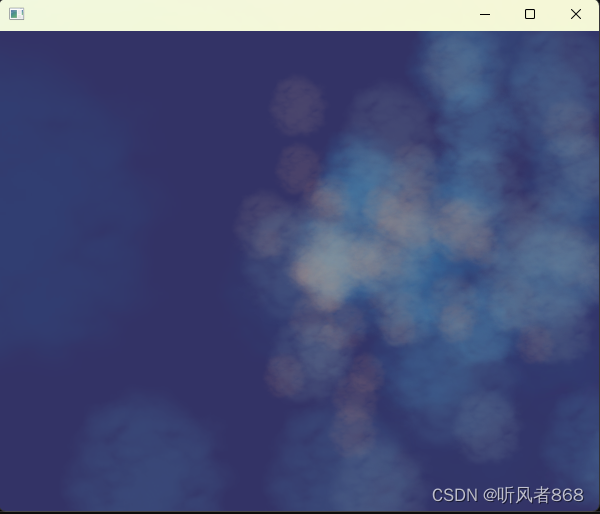
图11-7自定义粒子系统示例(一)截图


